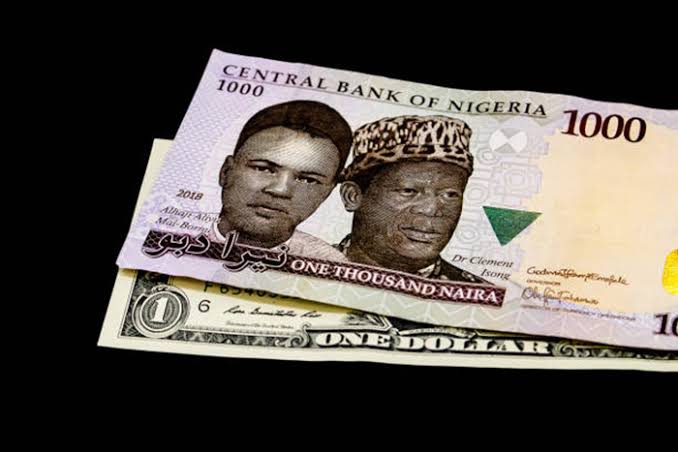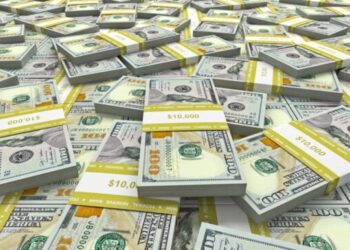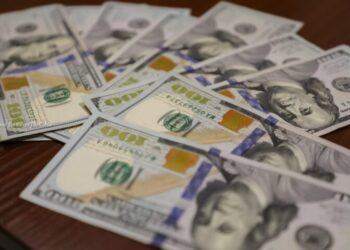After several months of freefall, the Nigerian naira has made a significant recovery, gaining 4.8% against the US dollar. This notable jump follows the sale of Nigeria’s debut domestic dollar bond, marking the highest gain for the naira since July 22.
According to Bloomberg, the naira closed at ₦1,558 per dollar on Wednesday, representing its strongest level against the US dollar since August 21.
Naira’s Surge Linked to Domestic Dollar Bond
The Nigerian naira experienced its biggest increase in almost two months after the West African nation announced that its debut domestic dollar-bond issue attracted strong demand. The currency surged 4.8% against the dollar, according to Bloomberg data. This marks the most substantial increase since July 22, with the naira closing at ₦1,558 per dollar.

Impact of the Bond Sale
This recent surge is attributed to the federal government’s bond policy. The bond’s structure allows the government to absorb oversubscriptions, up to the $2 billion program limit. Minister of Finance and Coordinating Minister of the Economy, Wale Edun, explained that the $500 million domestic FGN US Dollar Bond, which carries a five-year maturity and a 9.75% coupon, is the first tranche of a $2 billion bond program registered with the Securities and Exchange Commission (SEC). He noted that the proceeds from the bond would be channeled into critical sectors of the economy, as approved by President Bola Ahmed Tinubu.
The debut bond issuance secured $900 million in subscriptions, signaling strong investor confidence. This is the first positive movement for the naira in months, following the introduction of Nigeria’s first-ever foreign-currency domestic bond.
Broader Investor Interest
The bond attracted a diverse range of investors, including both local and diaspora Nigerians, as well as institutional investors. This has been hailed as a key milestone in Nigeria’s efforts to boost financial inclusion and stimulate economic growth.
Sustaining the Naira’s Strength
While the naira’s current gains are promising, its long-term stability will depend on Nigeria’s ability to attract further investment, especially from foreign investors. This hinges on the government’s capacity to build trust and confidence in Nigeria’s currency and fiscal policies. Bloomberg highlighted that the bond sale played a crucial role in boosting investor sentiment, contributing to the recent surge in the naira’s value.
In conclusion, the future strength of the naira will largely depend on sustained investor confidence and continued policy reforms aimed at stabilizing the currency and stimulating economic growth.

















